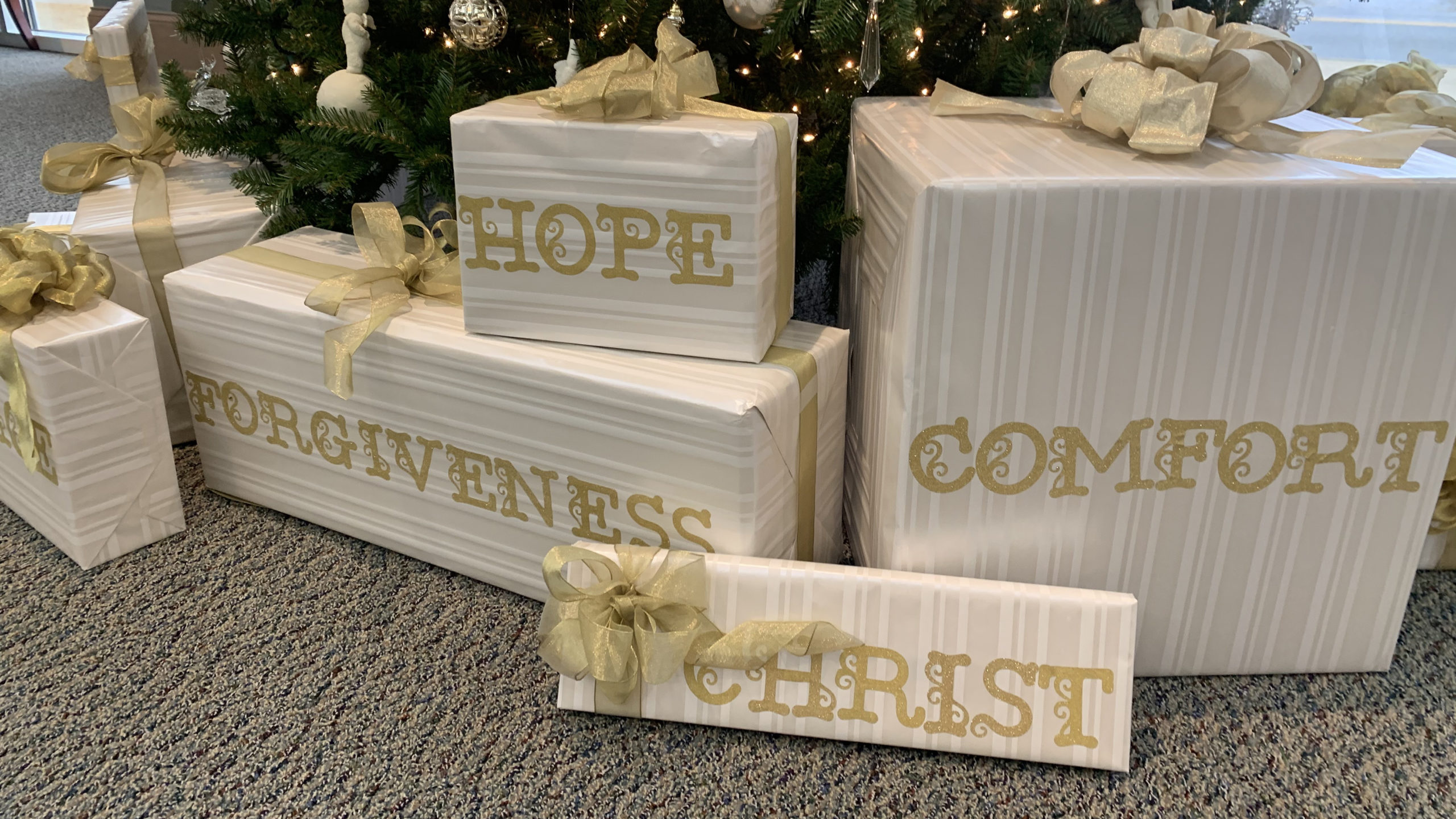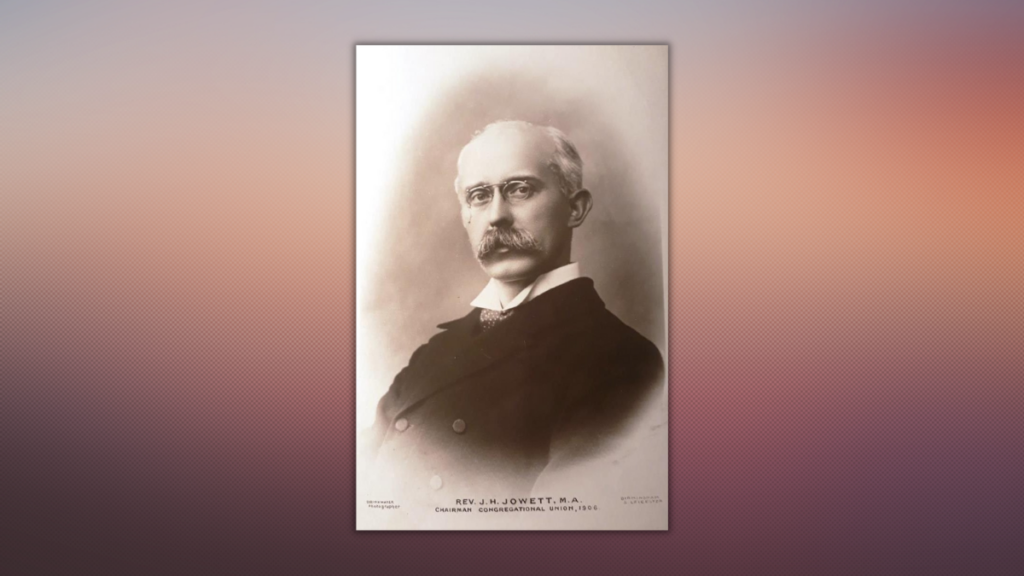When you envision peace, what does it look like in your mind? Is it true global serenity where all peoples are kind and courteous to each other, truly working for the greater good?
Or is it related to the continent where we reside, an existence where the toxicity is no more, and we discover ways to co-exist graciously even while disagreeing on various topics?
Maybe it is closer to home with extended family and friends, a community or church family, or even within the walls of your residence, where those around us daily think more of others than themselves?
It’s possible peace means everyone finally sees every aspect of life like you do, and we all move forward calmly and peacefully in step toward the same direction, though we know we won’t all see eye to eye until we reach our eternal home in glory.
Until then, however, is it possible to do a little better than we’ve done these past two to three years? Could we strive to find some type of common ground and work to build better relationships with our family, friends, neighbors, co-workers and communities at large?
What a gift the Christian community could give the world if we all captured the essence of Luke 2:14 — “Glory to God in the highest, And on earth peace, goodwill toward men!” — even if just for this Christmas season.
It might mean deciding to forgive and let go of a grudge we’ve been carrying against a neighbor down the street or a family member who always dominates the conversation about whatever has him or her stirred up at the moment.
It might mean putting up with jabs, stabs and even uninformed opinions that create unnecessary problems because of an unwillingness to hear other sides of the story.
When we can’t respect the right of the other person to view a situation differently, even if we believe with all our heart the person is wrong, then we are only adding to the conflict. We also most likely lose any opportunity for our position on the issue to be heard, much less understood and respected.
Deciding to give the gift of “peace on Earth, goodwill toward men” this Christmas might mean being the bigger person and realizing that someone has to go first to move toward resolution or reconciliation.
The book of James isn’t known for any Christmas-themed references, but I urge you to read the entire book in the next few days. Before you read, pray sincerely for God to speak to your heart about how you can help in the Christendom effort of peace and goodwill this year.
It’s always humbling when I search God’s word for what He’s saying to me rather than the more tempting option, which is to use Scripture as a tool for scolding or criticizing others.
And as we work through this season of unsettled hearts across our overly weary world, it’s important to know we aren’t the first to find ourselves in such a predicament and that hope for better days ahead exists.
The poem “Christmas Bells” by Henry Wadsworth Longfellow (1807–1882) provides a glimpse of his despair during Civil War days. The ending goes like this:
It was as if an earthquake rent
The hearth-stones of a continent,
And made forlorn
The households born
Of peace on earth, good-will to men!
And in despair I bowed my head;
“There is no peace on earth,” I said;
“For hate is strong,
And mocks the song
Of peace on earth, good-will to men!”
Then pealed the bells more loud and deep:
“God is not dead, nor doth He sleep;
The Wrong shall fail,
The Right prevail,
With peace on earth, good-will to men.”






Share with others: